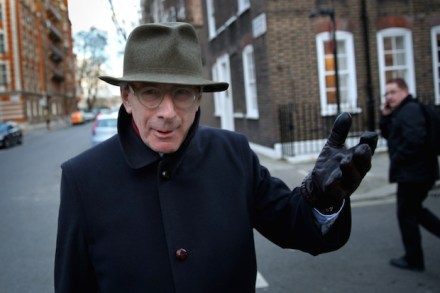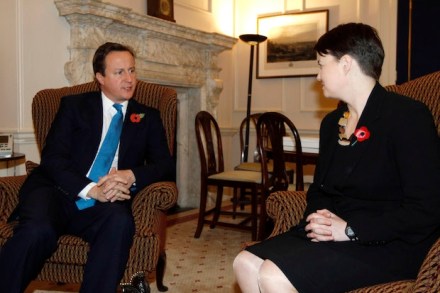Malcolm Rifkind quits as ISC chair and will stand down at next election
Sir Malcolm Rifkind’s political career is over. Following the Dispatches/Telegraph lobbying expose, the former Conservative defence and foreign secretary and MP for Kensington has announced he is standing down at the next election. This has created a vacancy in one of the most sought-after Tory seats in the country, represented in a previous incarnation by Alan Clark and Michael Portillo. It’s hard to see how Sir Malcolm could have stayed on. His unforgiven attitude to the cash for access accusations — and remarks suggesting his £67,000 salary as an MP wouldn’t allow him to ‘have the standard of living my professional background would normally entitle me to have’ — were toxic for the Tories. His party withdrew



















